Why we don’t eat Coconut Oil
It may come as a shock to many of you that we don’t eat coconut oil very often anymore. And by very often I mean I can’t even remember the last time I cooked anything with coconut oil and since I’ve given up on caffeine while healing my adrenals, I’m not even having a Frothy Coffee the morning anymore.
This wasn’t an abrupt decision, but a gradual shift as we’ve continued on our journey.
What I’m about to explain to you isn’t coming from a doctor or scientist, it’s the outlook I have on the fats that we eat in our home. And while explaining why we don’t eat coconut oil, I’m not in any way saying that it’s not an amazing healthy fat, it’s just not something that is for us. The primary use of coconut oil in our home is for burns and topical first aid applications.
I want to be very clear that I am a “real food” (Paleo, Primal, WAPF) enthusiast. I do not eat low fat, I do not eat canola oil, soybean oil, vegetable oil, etc. I eat a diet rich in organic, pasture raised, saturated animal fats. I not going to cover WHY saturated fats are healthy or WHY you should eat them. This is simply a discussion of a common-sense approach to a way of eating that’s healthy for our bodies and planet. If you are looking for more info on fats please click HERE and check out the links I’ve included in that post.
I guess the idea of avoiding coconut oil started with the idea of what my “grandparents” would recognize as food… My grandparents were born in 1910-1920’s and were the first generation of their families born in America (my heritage is Polish & Lithuanian). Although they ate some traditional foods, they also adapted to american foods as time went on, they ultimately knew what twinkes and crisco were. For my family I go back a generation further and use my great-grandparents as the standard for recognizable foods…
My great-grandparents would have eaten foods that were locally grown and seasonally available. They wouldn’t have had bananas, oranges, pineapple, kiwi, avocado, or coconut as a regular part of their diet since they wouldn’t grow in their area – and if they were transported from tropical regions they were WAY too expensive to eat more than as a holiday treat (oranges were a typical christmas gift).
Compound the idea of ‘old-fashioned way of eating’ with the ideals of local-seasonal-sustainable Fats like coconut oil and avocado just aren’t foods that we can source locally or grow ourselves here on our land. The growing season and climate here in Pennsylvania is very similar to what my ancestors had (not identical, but similar) so it’s very easy to understand how my ancestors eating would be like if we just take the transported foods out of our reach now.
What if our food system collapsed right…. NOW?
Ok there’s no coconut tree in your back yard, no avocado farm down the road… where will your fat come from? We raise our own chickens, hunt for wild game and buy local raw dairy, beef, pork and lamb – that’s where our fats would come from — just like my ancestors would have eaten for generations while experiencing vibrant health free of cancer, heart disease and autoimmune conditions!
How can I be sure that these ‘healthy’ foods that are NEW to my specific genetic makeup are really good for my body? For generations my ancestors ate fats that came from animals, not tropical plants. And, again these tropical fats are food items that have to be transported here from thousands of miles away, using all those fossil fuels isn’t good for the planet, duh.
Of course all of our heritages aren’t the same and some of you do, in fact, have a long familiar history of eating tropical foods. I just wanted to share my common-sense approach to naturally eating and hope to get you to think a little deeper about the foods that you eat.
Oh – I do have one final point, Who can argue? An egg fried in butter/ghee or bacon dripping is so much yummier than when cooked in coconut oil any day! 🙂
Where did your ancestors come from and what were their sources of fats? Are you following in their footsteps? What fats do you eat?
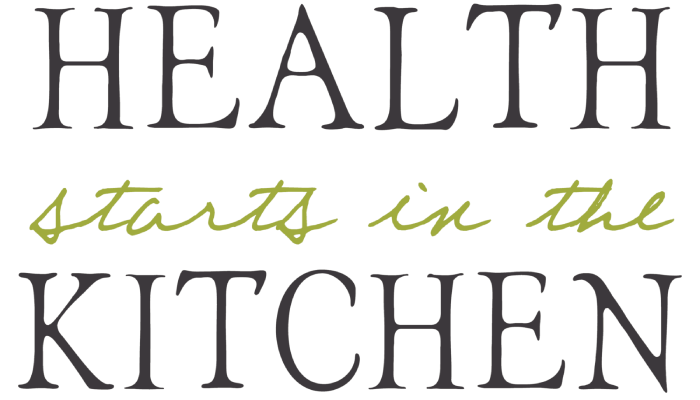
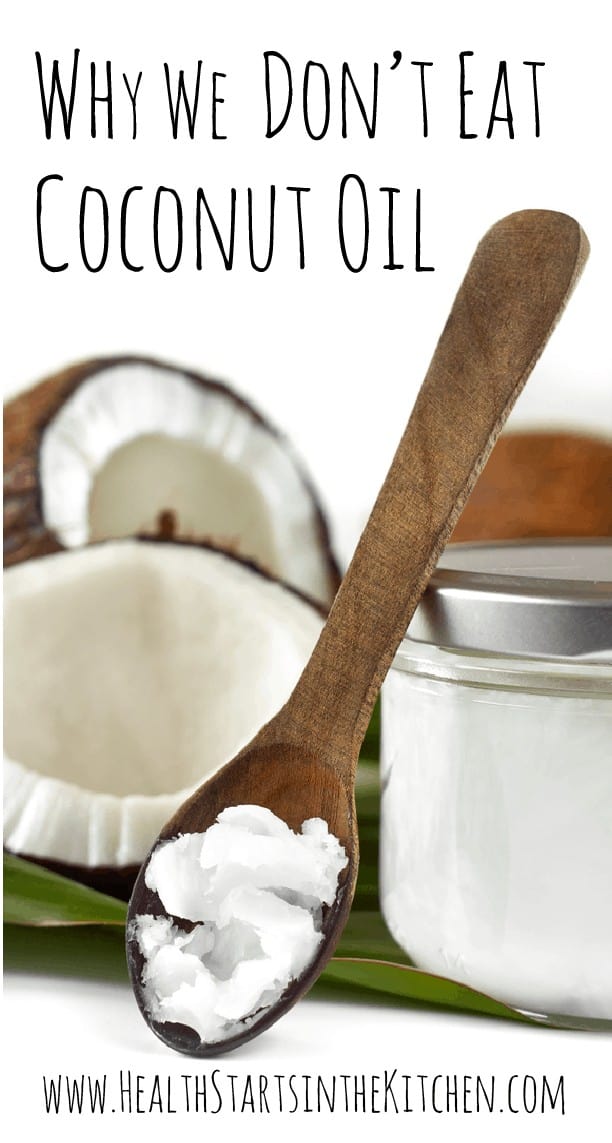
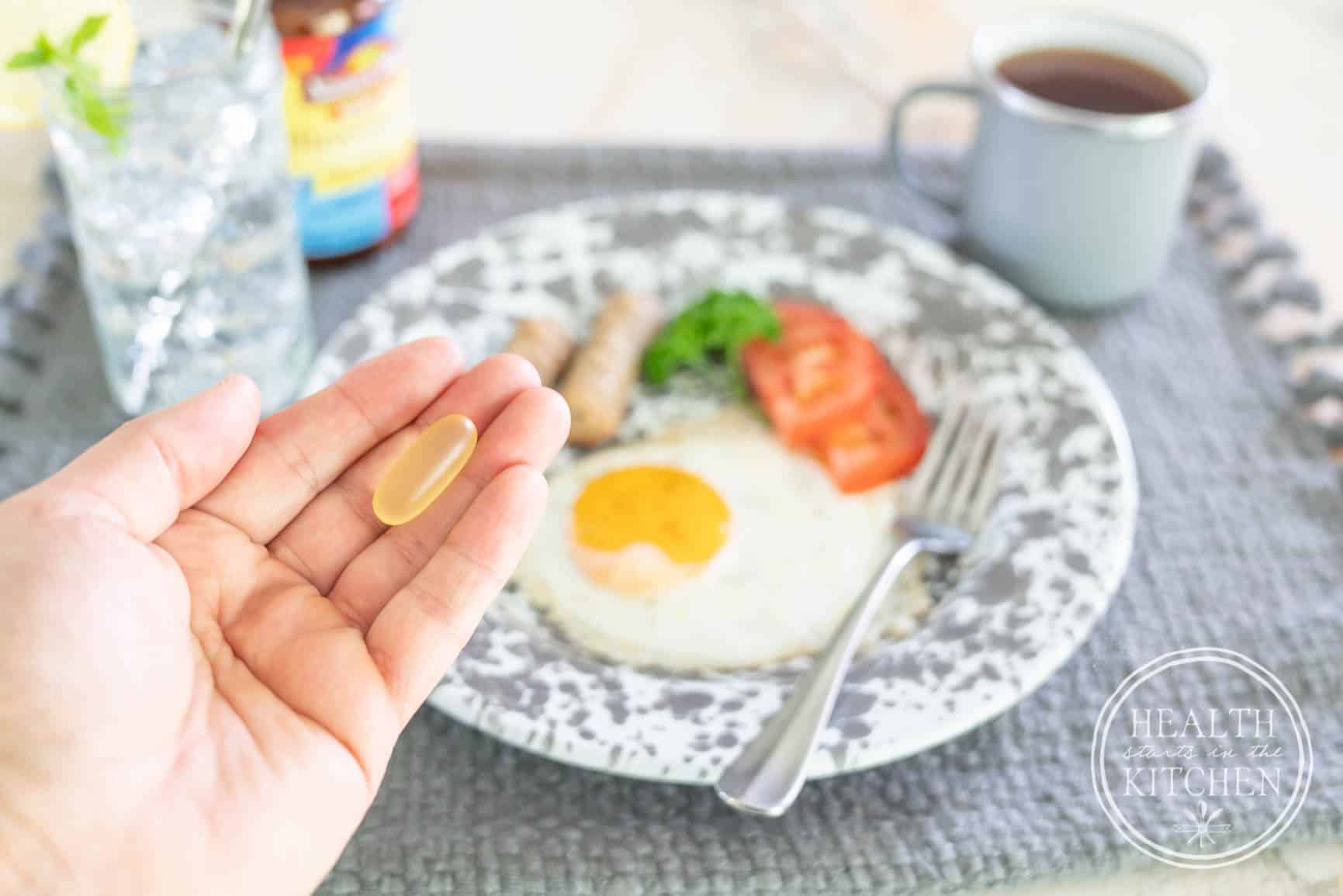

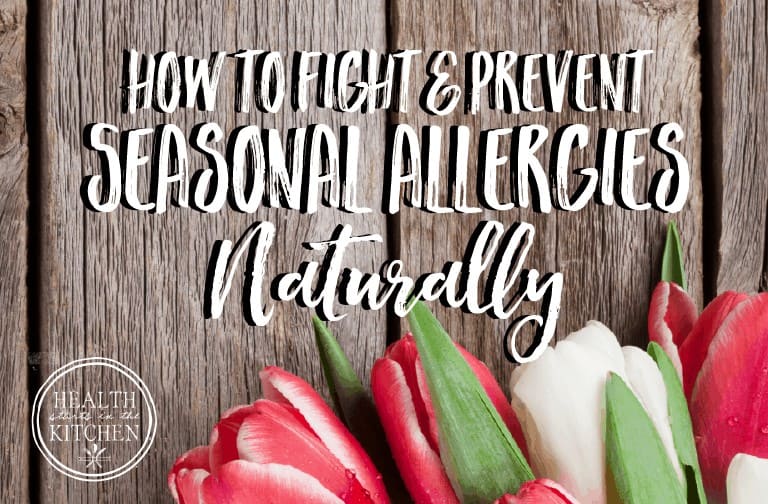

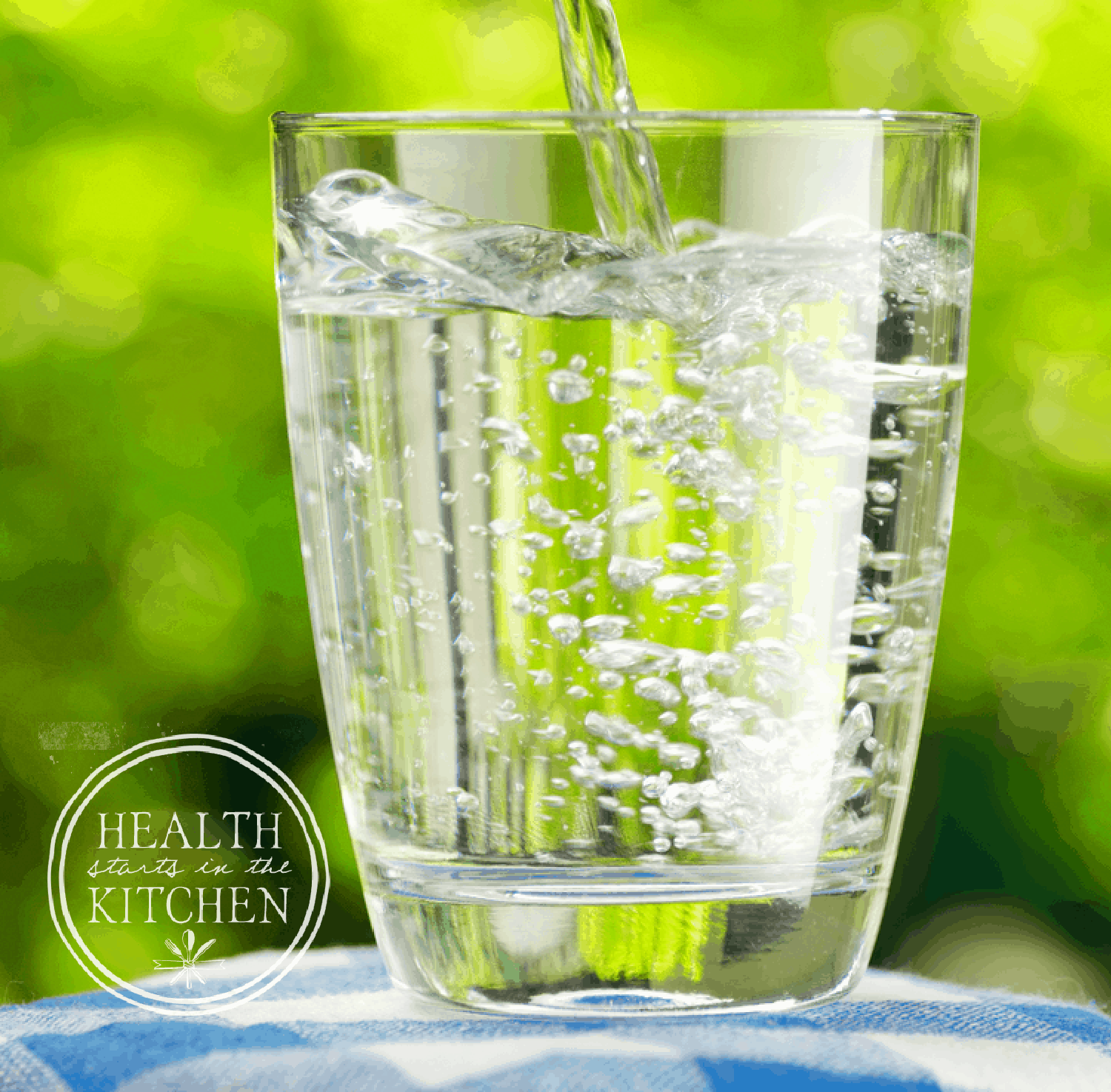
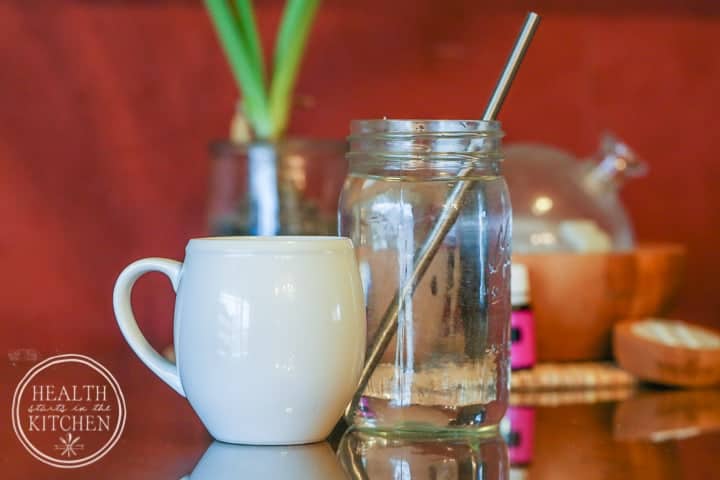
But I’m not sure how you can say that eating animals is good for the planet? Meat production globally is the same if not worse than transportation when it comes to fossil fuels and even local and organic still use massive amounts of land, water and vegetable “feed” that requires even more land and water. I’m not disputing that saturated fats in moderation might not be unhealthy but whole foods plant based diets are proven healthy and seem to cover the health of the planet much better. Not to mention the ethical issues of slaughtering sentient creatures. “Organic” calves are still separated from their mothers shortly after birth which is absolutely awful for the mother not to mention the male calves that are very soon after killed : ( it just seems unethical on so many levels to eat animal products that coconut oil from international sources seems like a very small issue. Please reconsider – xo
Leah – Thank you for reaching out. Too often people coming to my blog from a vegetarian/vegan WOE fail to realize that we are much closer in thinking that against each other.
I passionately love and respect animals, humans and our environment. What you are claiming about my omnivore lifestyle is very vastly incorrect and completely uneducated.
I guess you aren’t a regular reader of my blog, nor have you looked at the growing movement for naturally raised animals that are GOOD for the environment. Ie beef raised exclusively on organic pasture, rotated on fresh pasture then followed by pasture raised chickens to spread their manure and eat bugs that are turned into eggs, and woodland raised hogs who never see indoors and helps to spread manure and compost. I’d recommend starting by reading the work of Joel Salatin – he’s simply amazing and changing the entire food landscape. Even reading a few books written by Michael Pollan could help you understand better and see a different perspective.
Organic is so 1990s. I demand better of my food as should you. It’s simply a marketing slogan our corrupt government profits from uses as a form of control. Organic isn’t ideal and isn’t close to enough.
We buy local. We know our farmers. Where do you buy your food?
Because we intimately know where our food comes from, I also know that when you support amazing farmers who dearly love their animals it’s not a cruel slaughter and they aren’t killing young animals. I watch the animals that nourish our bodies from birth to plate.
While I agree 100% that there are people who eat meat without minding their welfare or the global impact, I am not a blind sheep. Every food that I eat is with strong consideration and research, just like coconut oil.
If you (as a vegetarian/vegan) don’t have a global, fossil fuel burning, food system YOUR diet is completely impossible. Where as mine is 100% sustainable. I eat seasonal and local. There is a very strong argument against your choices as well, we just fail to see the flaws when we are looking in a mirror, right? I get all of your arguments, I hear them all the time, and frankly it’s getting so old. This meat is bad for the planet or bad for humans theory has been debunked, yet sadly so many people fall for it.
The problem is that people are so brainwashed into buying the cheapest food, thus promoting a dangerous and deadly food system. They think health comes in a pill and food is an afterthought.
Humans (as animals) are omnivores and require animals to thrive, it is an undeniable fact. You cannot argue it. And for millions of years humans thrived on a diet largely composed primarily on saturated animal fats and proteins – there were not fields of cauliflower or rows of sweet corn. There were small roots and tubers, seasonal fruit and greens.
I do what I do every day to evoke thought. Stop blindly following someone else’s idea, look to common sense and logic. Look at both sides of the story.
Im mexican my grand parents had an avocado three on his backyard Also one from tamarind and pecans , coconut oil Is more like a new discovery im sure they didnt even knew about it besides they lived quite far from The beach mexican beaches are full of coconuts maybe ancient people from The coast knew about it im not sure , all my grandparents family drank or drink a lot of coffee and they get to a really elder age 98 99 or even 103 and die of no illness except of being really old , so i dont know Now whats good or wrong , great post ! Sorry if this hard to understand english Is not even my 2 language
I, too, follow this rational. My ethnic backgrond is Norwegian and Irish with some Bohemian. I love checking out new foods and will try them for a while or occassionally, as variety, but I am never swayed to leave my roots (read: locally grown).
I’ve researched my ancestors (back to the 1600s) only to find almost all of them lived to 86-99 yrs, same as another commenter; very rarely did they die before their 80s; even after comming to America in 1846-67. So this rational appears very sound. Food and health facts based on ‘Modern Science’ may not be correctly informed of the past when they cite their comparisons.
If I’m wrong, no harm done. Also, there is pride and honour in respecting my ancestors and the way they lived for hundreds of years. My ancestors were farmers and weren’t very affluent but as you can see they were healthy, functioning members of their families for a very long time.
Eggs fried in bacon grease – the best – but adding a little salt to coconut oil is close (bacon grease has salt in it) but nothing replaces the flavour those brown bits (in the bacon grease) give to your eggs. YUM.
Interesting.
I come from Germany, we may have very similar “genetics”.
I tried using Coconut oil to cook with, but don’t really like it. I cook with Olive Oil, butter, and lard. We use coconut oil for my kids hair, put in on our skin (also for cuts, rashes, etc), and I put it over my dog’s food :)….he has a glorious coat.
I am in California now, and avocados are abundant. You mentino them, and again I am questioning if I should eat them. I once looked at the “Blood Type Diet”, and my ideal diet is almost all meat, and minus quit a few foods that I eat often, including avocados. Lentils was in there also. I grew up eating lentils, but would really have to research if my great-grandma did.
Anyways, this is certainly food for thought. Does our prime make-up steer how we should be eating to stay healthy? How many vegans were there several generations back? :)….
I really like your article. Coconut oil became super trendy lately and people are now crazy about it and they want it in their new diet or health habits. I don’t believe in the super-power of coconut oil or superfoods in general, I think there are other natural ingredients that are good for your body close to where you live and as a result you don’t need to buy ingredients from other parts of earth that are really bad for the environment and win’t bring you so much than you think. To me, eating a bit of everything, nourishing and healthy food is key. No need to search for new super ingredients! My grand grand mother was a French farmer, eating what she had in the garden, and she lived until 96 year-old. My grand father died at the age of 94 and my grand mother is still alive at 94. Eat healthy yes, but healthy is right around you actually, wherever you come from! Again, thanks for a great article!
I have coconut oil in my home, I use it as a personal care product. I also use it selectively for baking and I do make wonderful frothy organic decaf.
I would never use any oil on a burn until after it healed. What I have used for years with excellent results is honey! It has a long history of being used as a medicinal. It’s amazing.
First I eat locally. Than I eat as I did as a child, mostly vegetables, fruits, fish and chicken. Meat was a rarity in my childhood home. Fats were lard and butter. I gave up the lard but continue to use butter and ghee. I use local olive oil both alone and mixed with butter. I do use vegetable oils from organic sources.
That is actually an interesting take I never thought about.
I’m half Polish and half Filipino, so for me, it makes total sense to eat both saturated animal fats as well as tropical fats like coconut and avocado. But I tend to source locally first and foremost.I typically focus more on the animal fats along with using good local olive oil for cold applications which, now that I think about it, makes total sense for my partner who is of Irish and Sicilian/Italian descent. And yes, butter/ghee/bacon fried eggs is so much better than coconut oil fried!